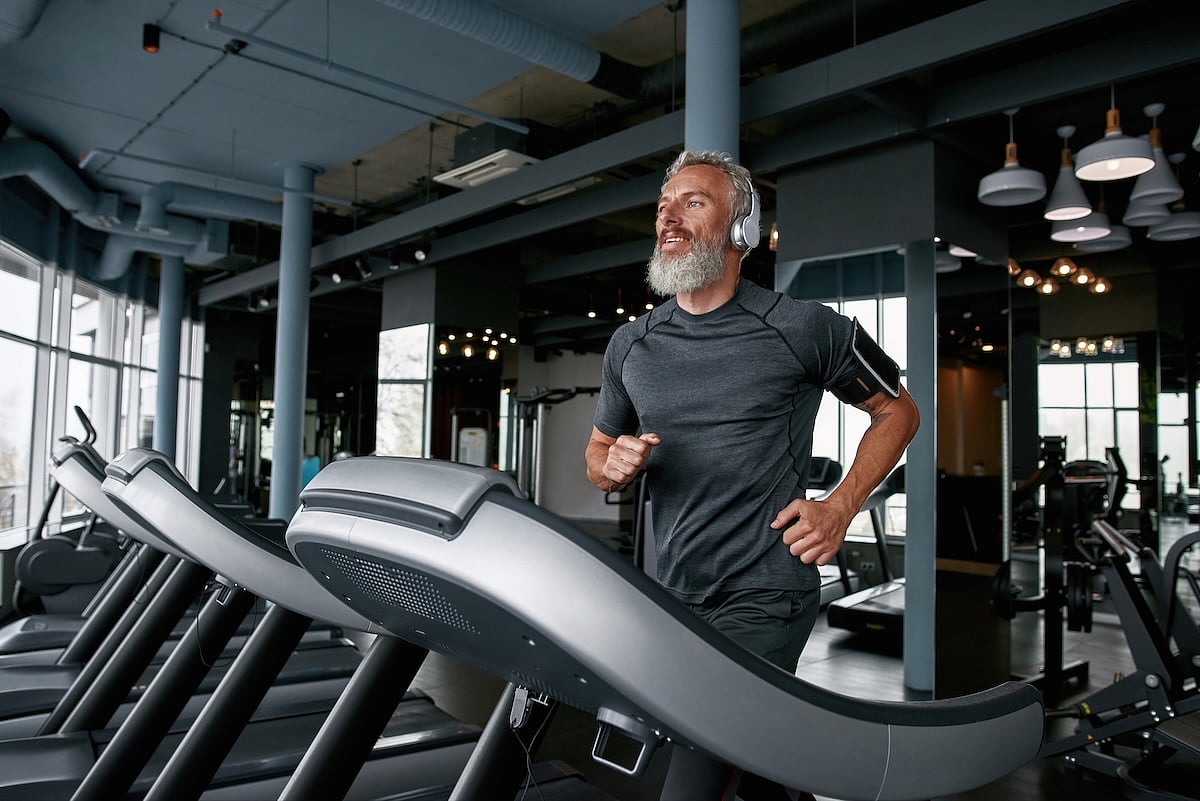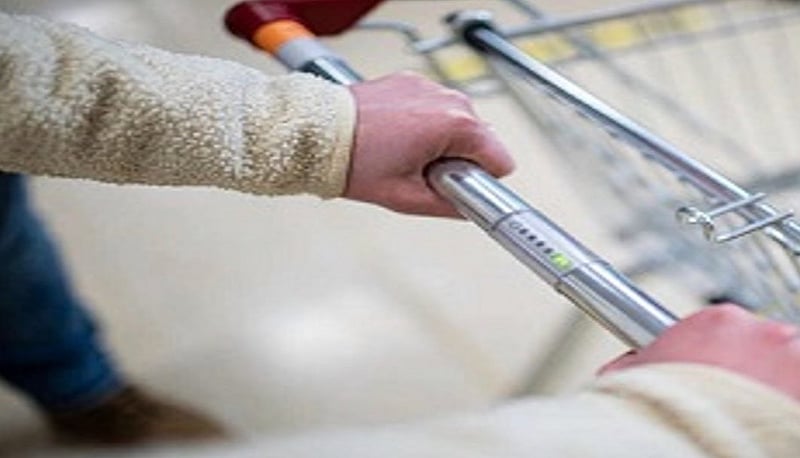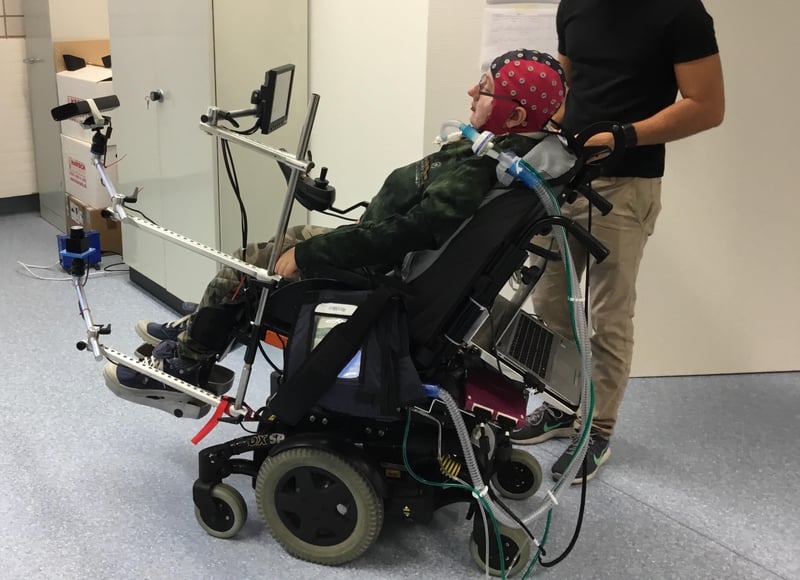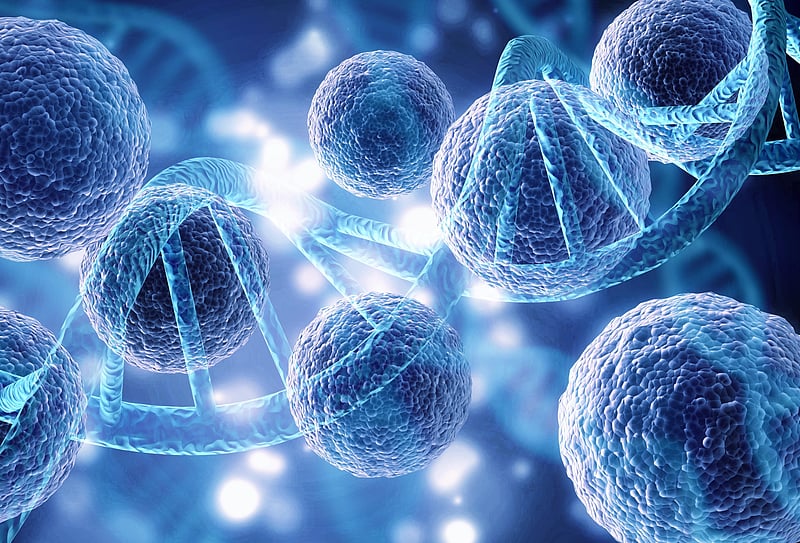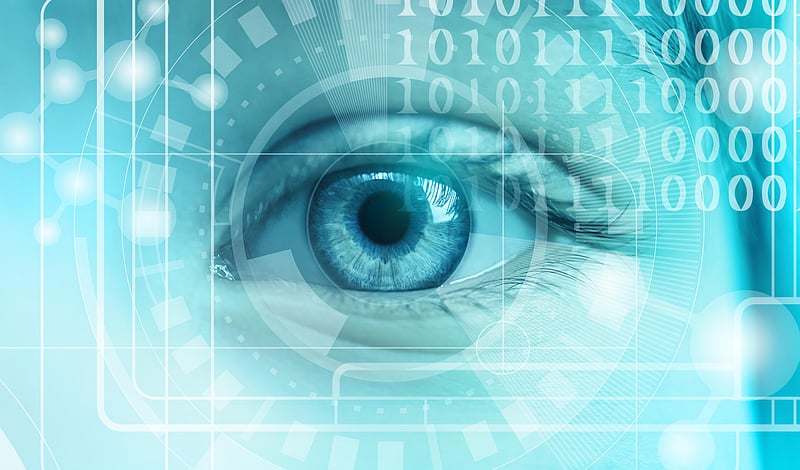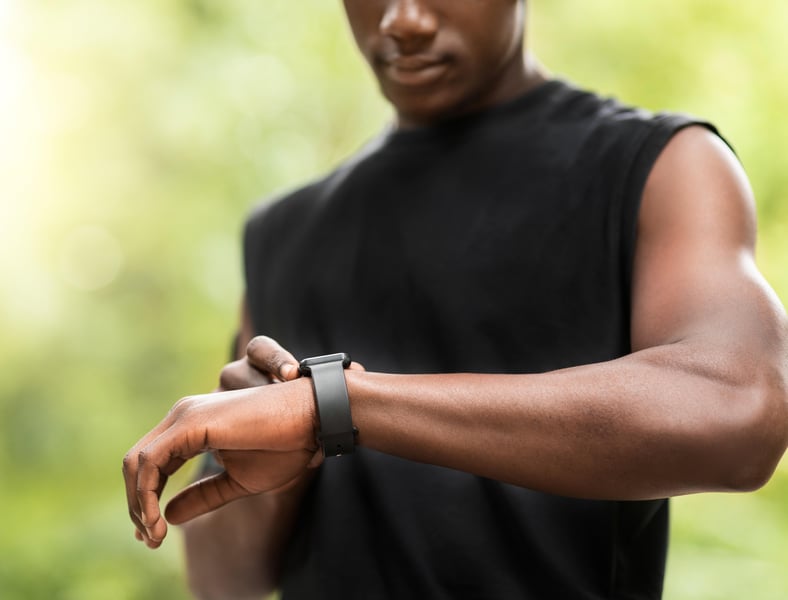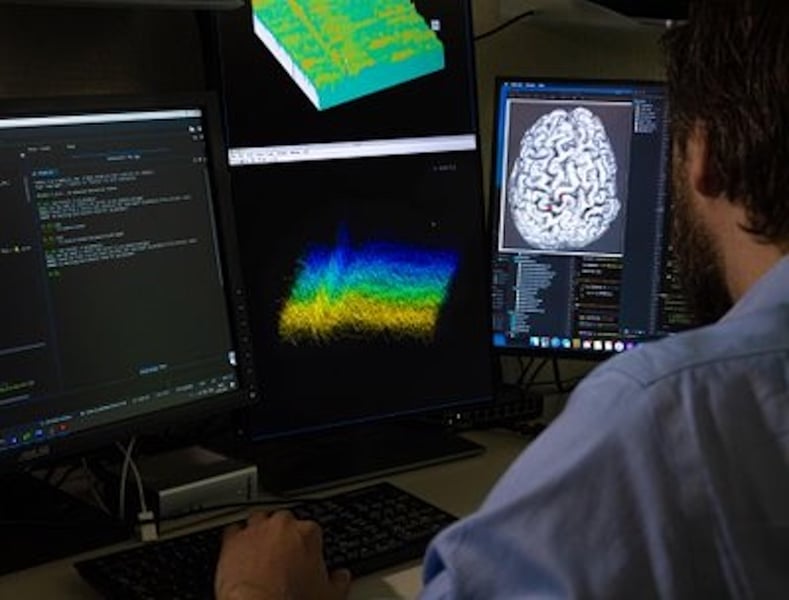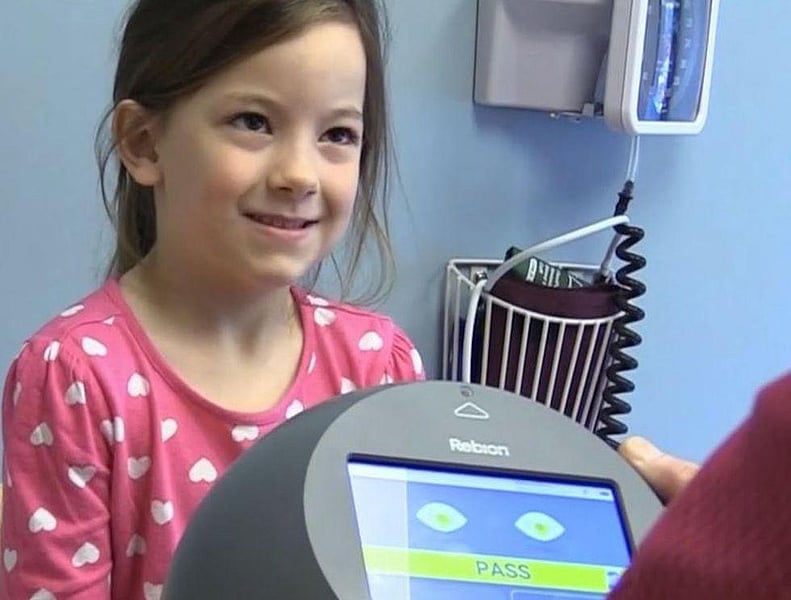Get Healthy!
Results for search "Biotechnology".
Health News Results - 18
A “smart shirt” equipped with an electrocardiogram (ECG) can help identify folks who are at higher risk of heart disease, a new study says.
The shirt monitors people’s heart rate recovery after exercise, tracking the time it takes for their heart to return to ...
- HealthDay Reporter
- Dennis Thompson
- |
- April 15, 2025
- |
- Full Page
There may be an unexpected fix for ongoing shortages of insulin: A brown bovine in Brazil recently made history as the first transgenic cow able to produce human insulin in her milk.
"Mother Nature designed the mammary gland as a factory to make protein really, really efficiently," explained study leader Matt Wheeler, a professor ...
- HealthDay Reporter
- Carole Tanzer Miller
- |
- March 18, 2024
- |
- Full Page
Fabrizio wasn't sure what to expect of his newly outfitted prosthetic hand, until he touched one of the researchers who'd given it to him.
"When one of the researchers placed the sensor on his own body, I could feel the warmth of another person with my phantom hand,"said Fabrizio, a 57-year-old man from Pistoia, Italy. "It was a very strong emotion for me, it was like reactivating a conne...
- HealthDay Reporter
- Dennis Thompson
- |
- February 9, 2024
- |
- Full Page
A new 'technopill' can safely monitor a person's vital signs from inside their bodies, researchers report.
The vitals-monitoring (VM) Pill works by tracking the small vibrations in the body associated with lungs breathing and the heart beating.
It can detect if a person stops breathing, which gives it the potential to provide real-time information about patients at risk of opioid ov...
- HealthDay Reporter
- Dennis Thompson
- |
- November 20, 2023
- |
- Full Page
Could a grocery cart save lives by preventing possible strokes? It just might.
The notion stems from a new British study in which grocery cart handles were embedded with electrocardiogram (EKG) sensors.
The goal: to screen shoppers for undiagnosed cases of atrial fibrillation (a-fib), the most common heart rhythm disorder.
"Atrial fibrillation is a leading cause of stroke,"ex...
- HealthDay Reporter
- Alan Mozes
- |
- June 28, 2023
- |
- Full Page
Researchers have found a way to safely deliver a steady supply of chemotherapy directly to brain tumors -- in what they hope will be an important advance for patients with currently incurable cancers.
The treatment involves an implantable pump system that supplies a steady drip of chemo straight to the brain tumor. Researchers have tested it in five patients who had recurrent glioblastoma...
- HealthDay Reporter
- Amy Norton
- |
- November 22, 2022
- |
- Full Page
A severely paralyzed person no longer needs to go through brain surgery to try and steer a motorized wheelchair with their mind, researchers report.
Through an electrode-studded cap placed on their head, several people with quadriplegia -- no function in all four limbs -- were able to produce brain waves that guided their wheelchair through a kind of hospital "obstacle course."
The ...
- HealthDay Reporter
- Dennis Thompson
- |
- November 18, 2022
- |
- Full Page
Gene editing has for the first time produced modified immune cells finely honed to target and attack cancer cells, researchers say.
A team used the gene editing tool CRISPR to alter immune cells drawn from 16 patients who had a variety of solid cancers, including colon, breast and lung.
According to a report in the journal Nature, the genes of these immune cells were edited...
- HealthDay Reporter
- Dennis Thompson
- |
- November 10, 2022
- |
- Full Page
A new technology dubbed the "bionic pancreas" may beat standard treatment in helping people with type 1 diabetes control their blood sugar levels, a clinical trial has found.
Among adults and children with type 1 diabetes, those who used the bionic pancreas for three months saw their average blo...
- HealthDay Reporter
- Amy Norton
- |
- September 29, 2022
- |
- Full Page
The U.S. Food and Drug Administration is warning patients who use a particular insulin pump system that unauthorized people could access it and change how much insulin a patient receives.
The pump at the center of the FDA alert is the Medtronic MiniMed 600 Series Insulin Pump S...
- HealthDay Reporter
- Cara Murez
- |
- September 20, 2022
- |
- Full Page
Farmyard pigs could be the key to restoring sight in people who have lost their vision due to a damaged cornea, a new study reports.
Collagen drawn from pig's skin is being used to create an experimental implant that mimics the human cornea, the outermost transparent layer of the eye.
- HealthDay Reporter
- Carole Tanzer Miller
- |
- August 9, 2022
- |
- Full Page
Could your smartwatch know you have a COVID infection before you do? It might be possible one day.
New research suggests that wearable activity trackers that monitor the changes in ...
- HealthDay Reporter
- Cara Murez
- |
- June 22, 2022
- |
- Full Page
A 3-D printed ear made with the patient's own cells has been transplanted onto a 20-year-old woman, the company that made the ear says.
The achievement announced June 2 by 3DBio Therapeutics of New York City is believed to be the first known example of a 3-D printed implant made of living tissues. Experts hailed it as a major advance in...
- HealthDay Reporter
- Robert Preidt
- |
- June 2, 2022
- |
- Full Page
Millions of Americans use smartwatches or fitness trackers to check on their heart rate, but the accuracy may fall short for people of color, a new research review finds.
The analysis, of 10 published studies, found that in four of them, wearable devices were clea...
- Consumer news
- |
- March 25, 2022
- |
- Full Page
Unable to move a single muscle, even to open your eyes. Completely locked into your own body, yet fully conscious and aware.
Lou Gehrig's disease - amyotrophic lateral sclerosis (ALS) - is a nightmare in its advanced form, leaving patients ...
- HealthDay Reporter
- Dennis Thompson
- |
- March 22, 2022
- |
- Full Page
Physiotherapist David Putrino was working on a vibrating glove to help deaf people experience live music when a friend mentioned that the same technology might stop tremors in people with Parkinson's disease.
Putrino, director of rehabilitation innovation for Mount Sinai Health System in New York City, was intrigued. The friend's father had Parkinson's, so they placed the new device on hi...
- HealthDay Reporter
- Denise Mann
- |
- November 22, 2021
- |
- Full Page
The answer to helping kids with "lazy eye" before it's too late could be a hand-held screening device, a new study suggests.
Amblyopia can't be treated with glasses or contact lenses after a child's vision reaches maturity, and without treatment, it can lead to poor school performance and impairments in depth perception and fine motor skills, doctors say.
"The findings suggest that ...
- HealthDay Reporter
- Cara Murez
- |
- October 20, 2021
- |
- Full Page
Former Marine Cpl. Claudia Mitchell can hold a banana or a water bottle in her left hand without squishing it as she opens it.
She can use her left hand to help cut peaches for a pie. She can hold someone's hand without squeezing too hard, and she can grab her makeup bag with just her thumb and forefinger.
Years ago, Mitchell, 41, wouldn't have imagined any of these feats were possi...
- HealthDay Reporter
- Dennis Thompson
- |
- September 3, 2021
- |
- Full Page

